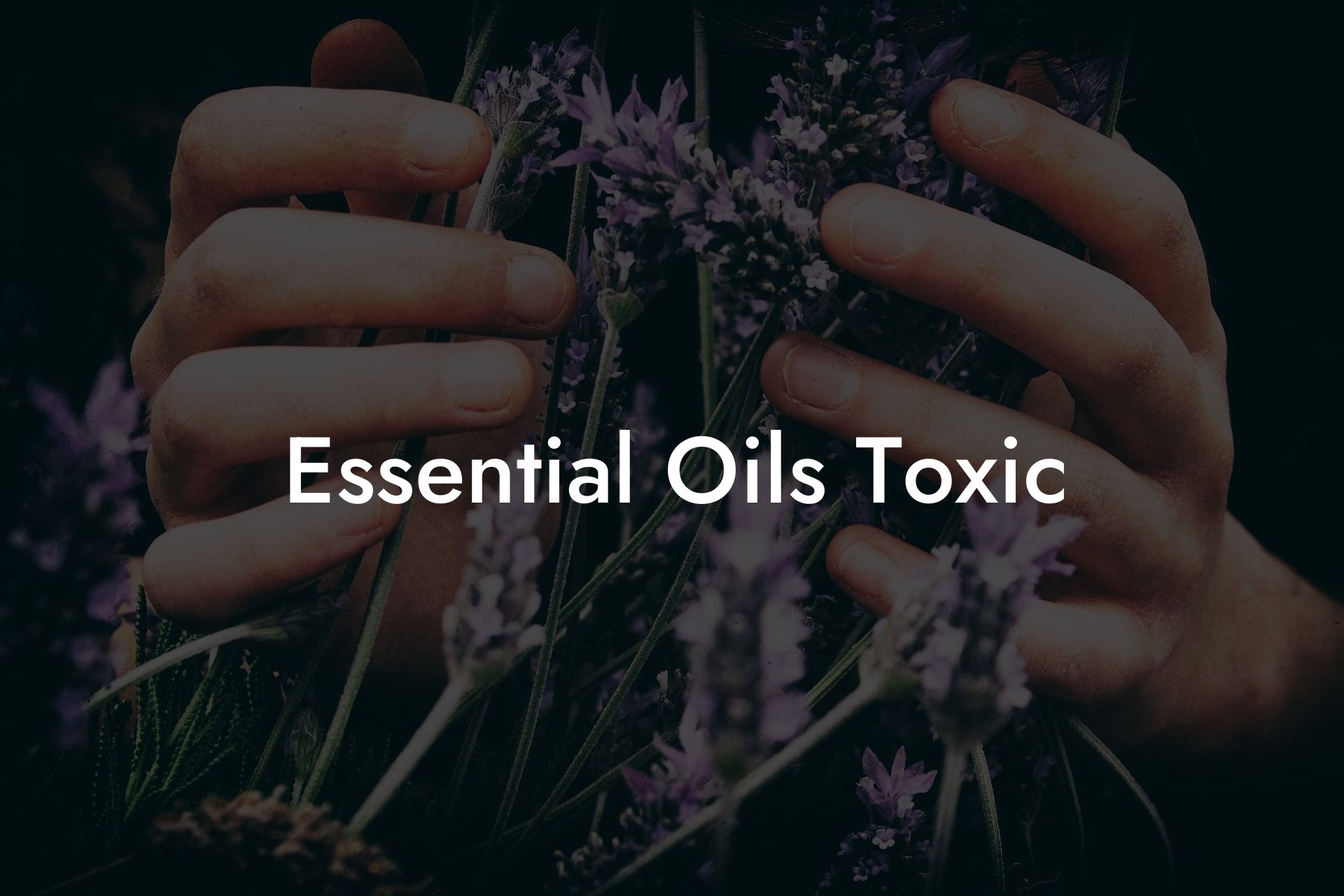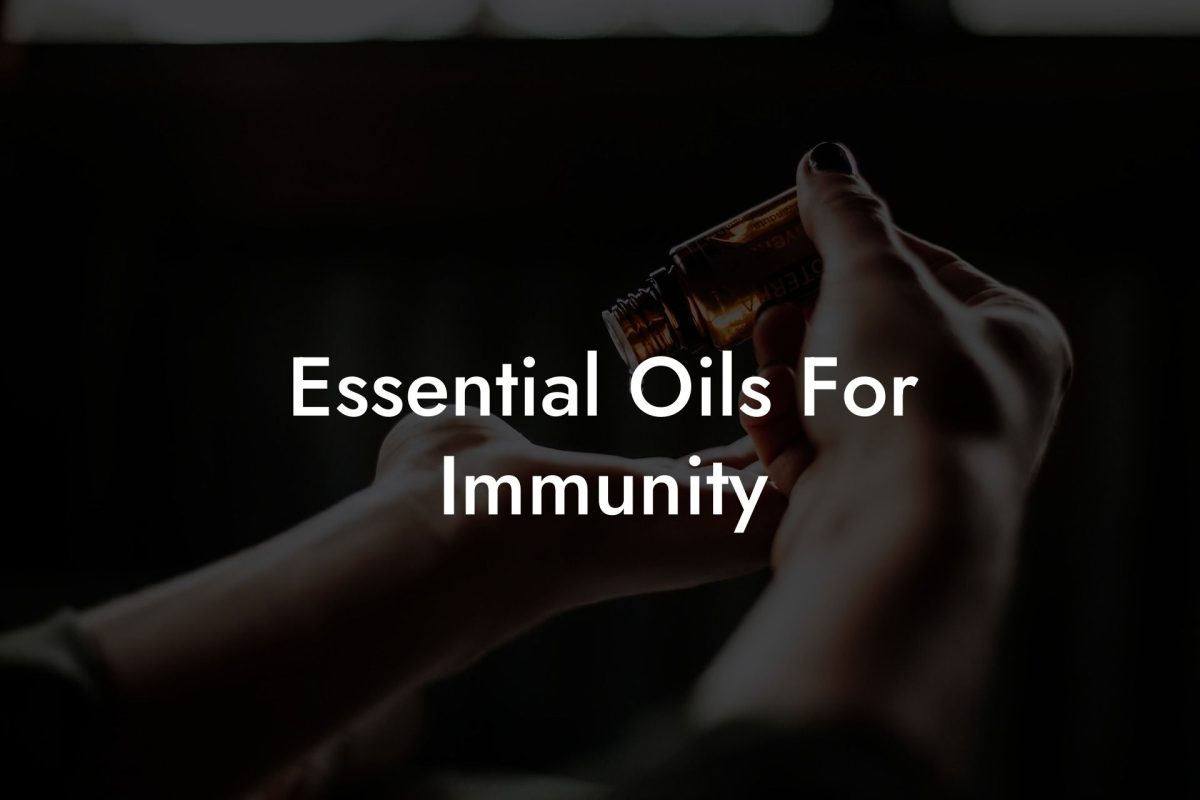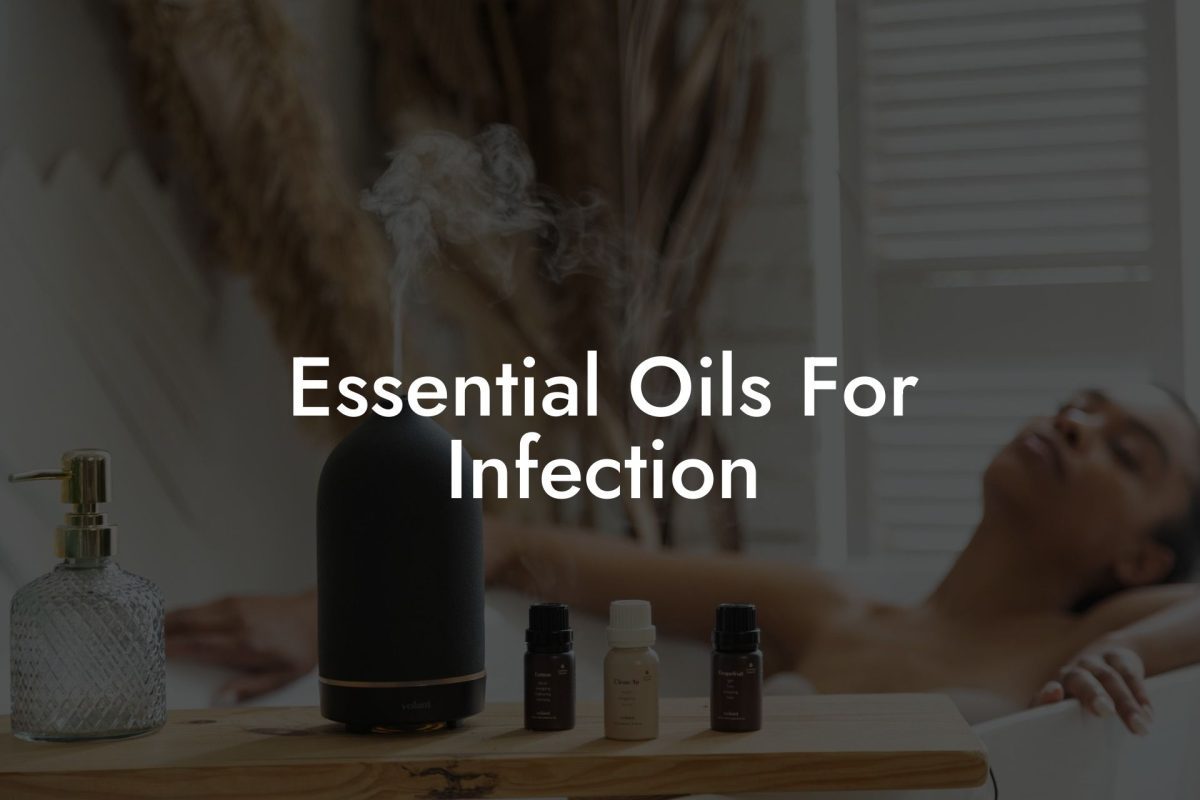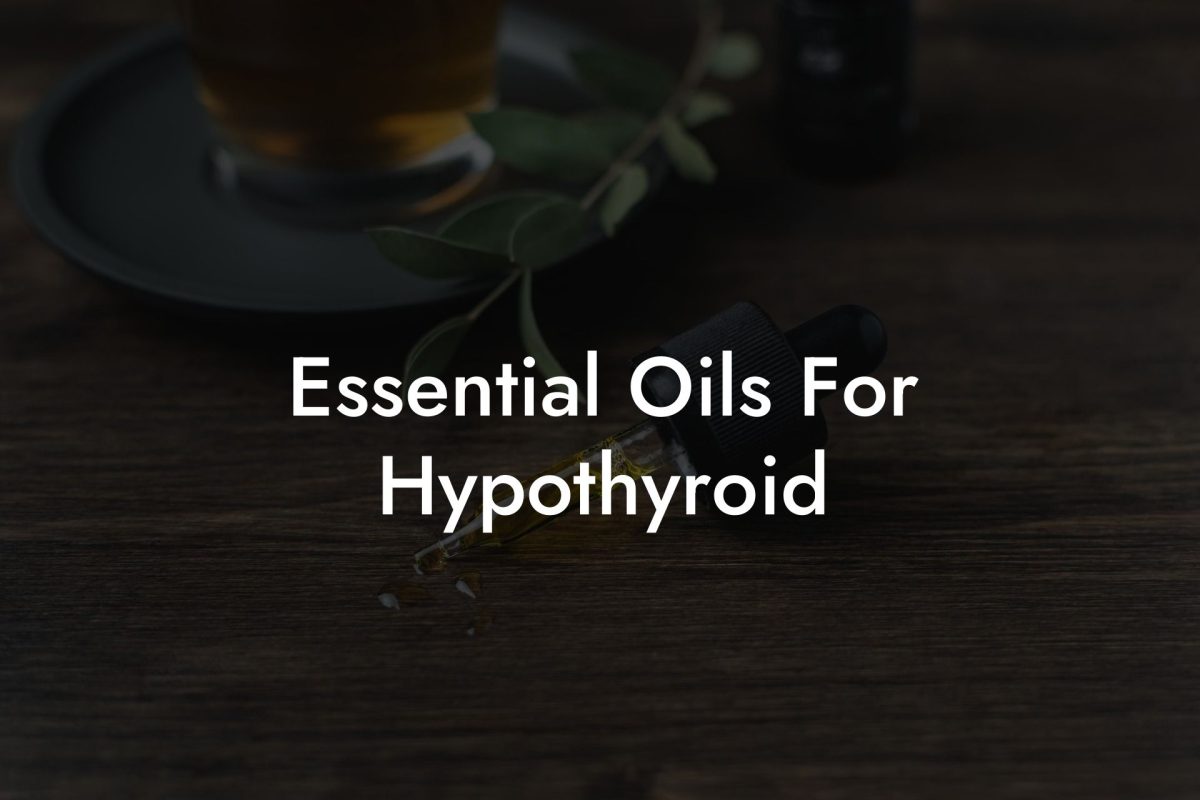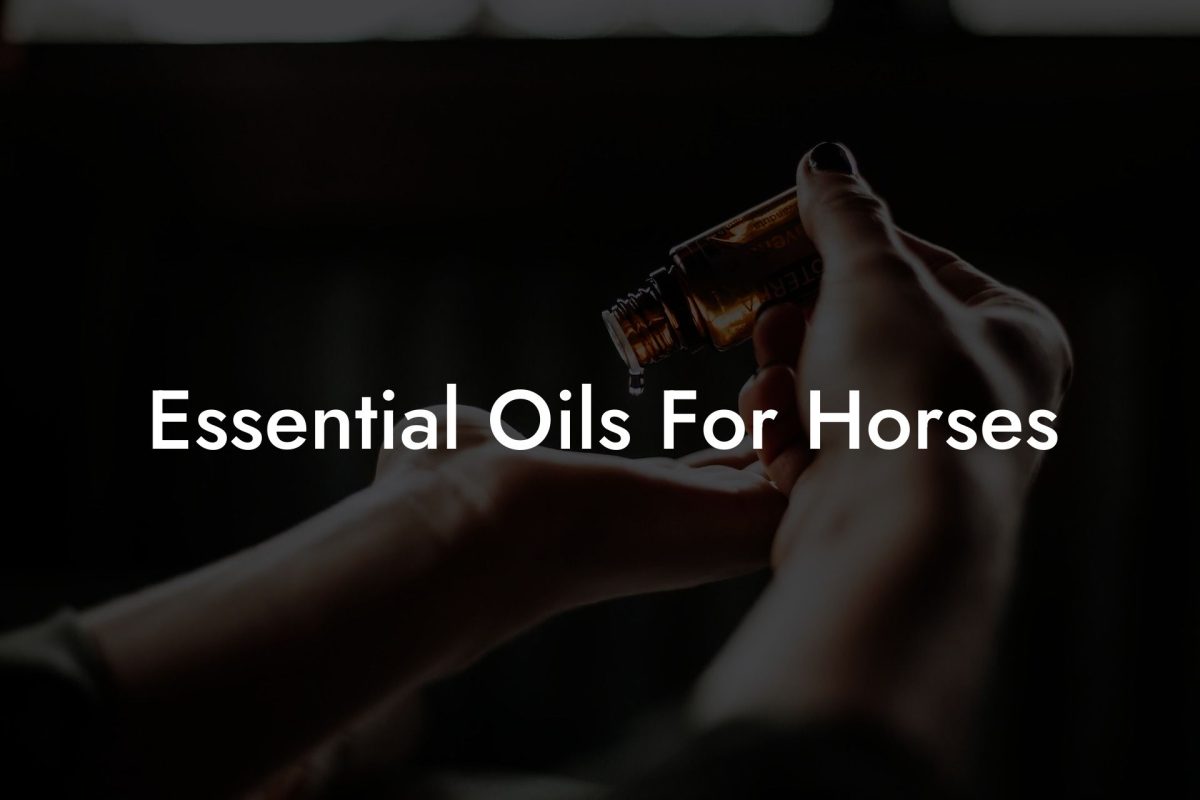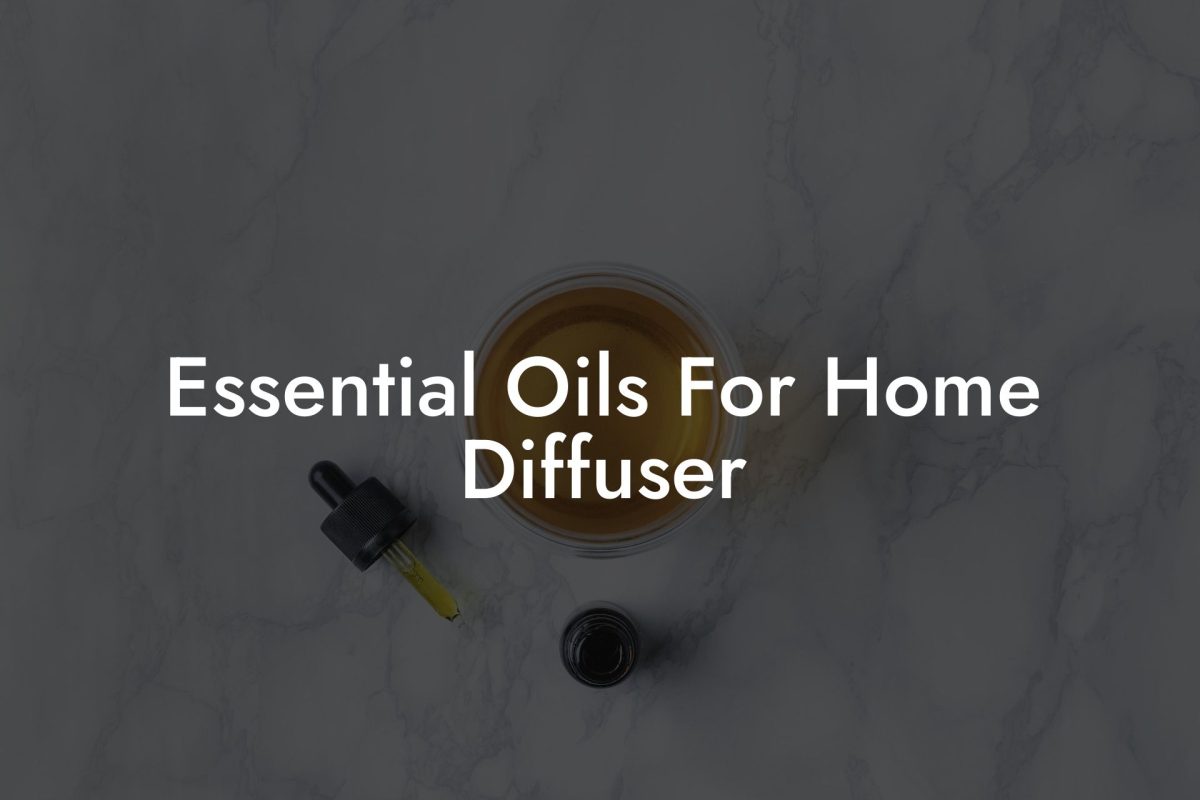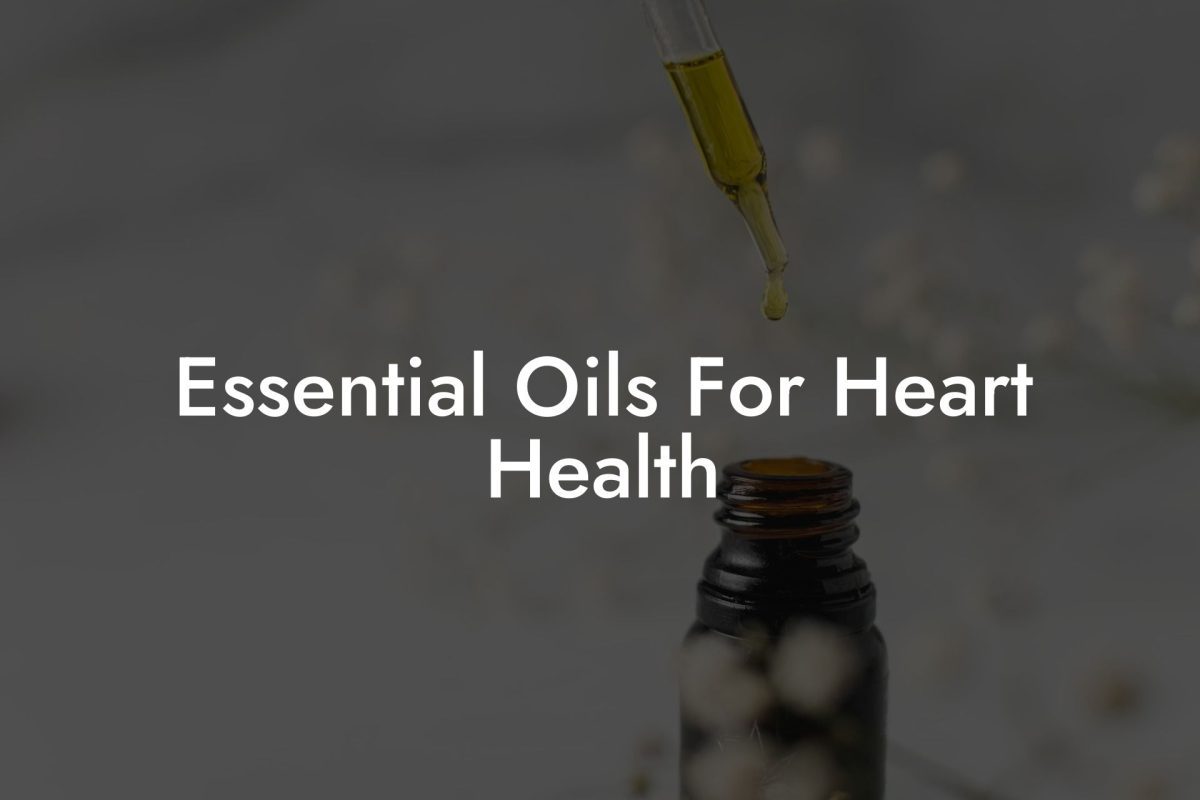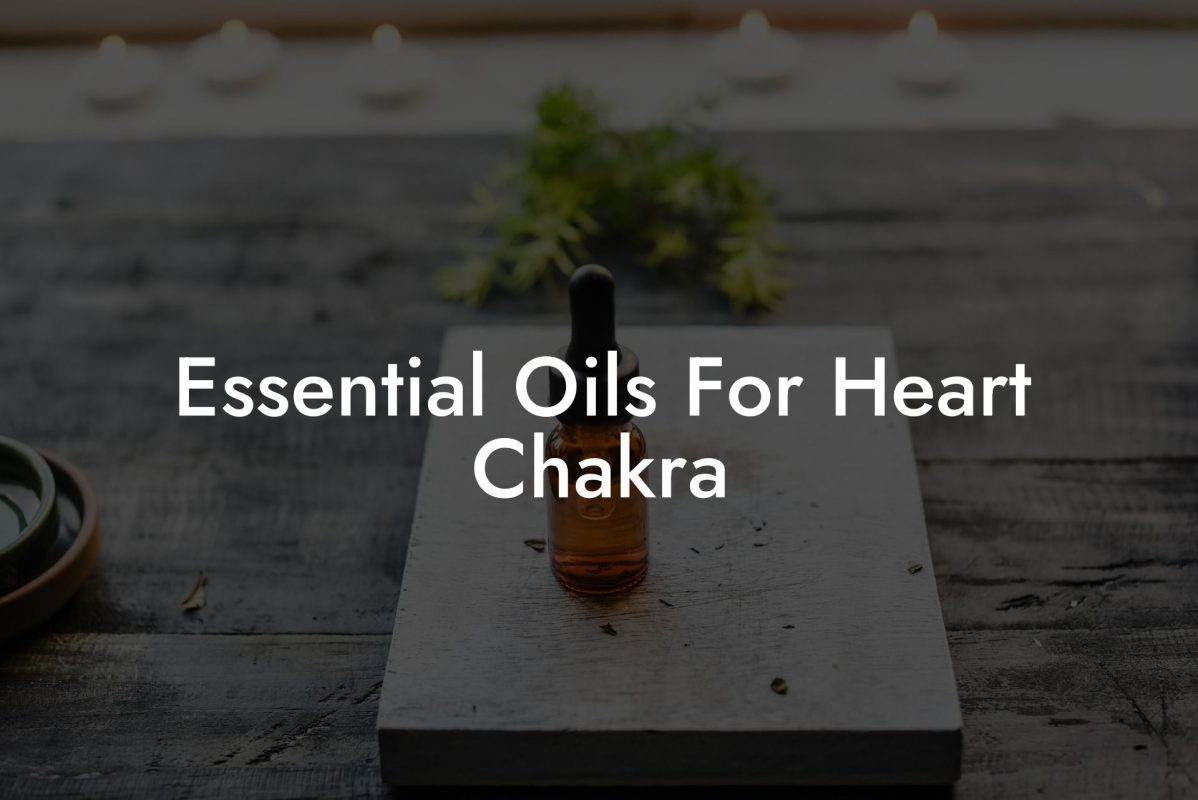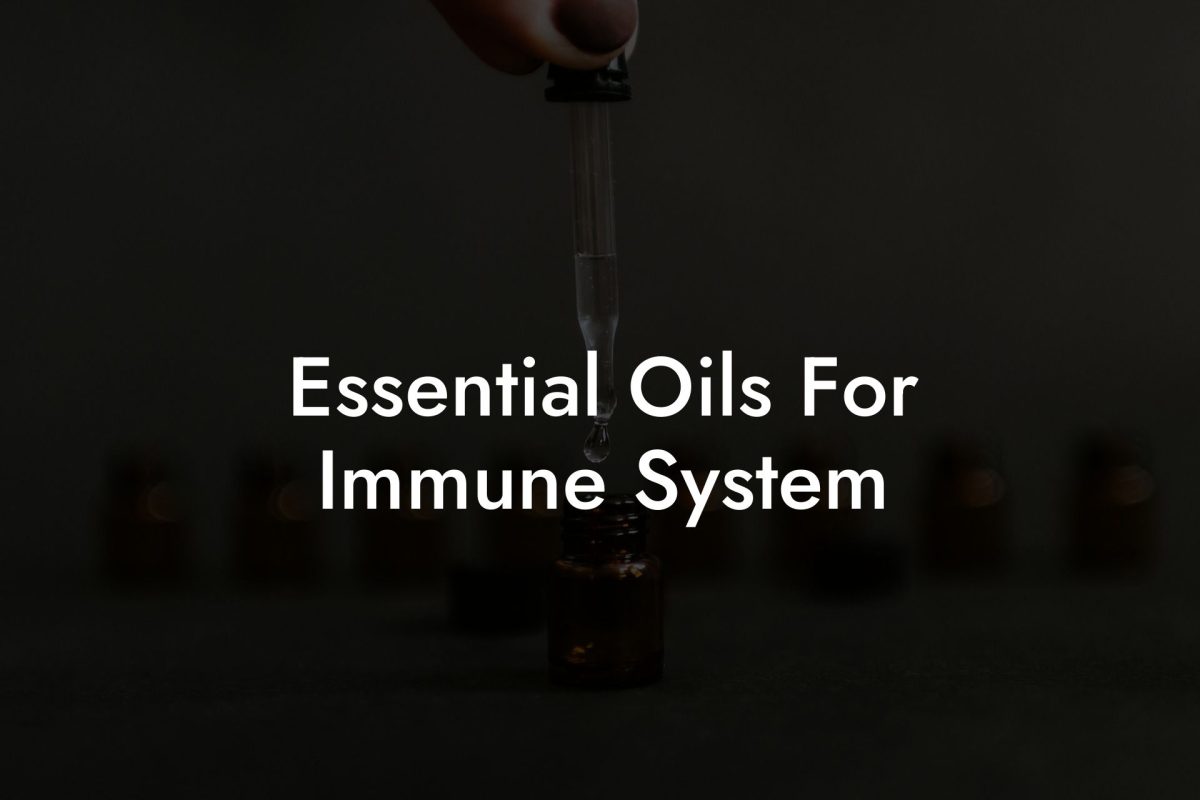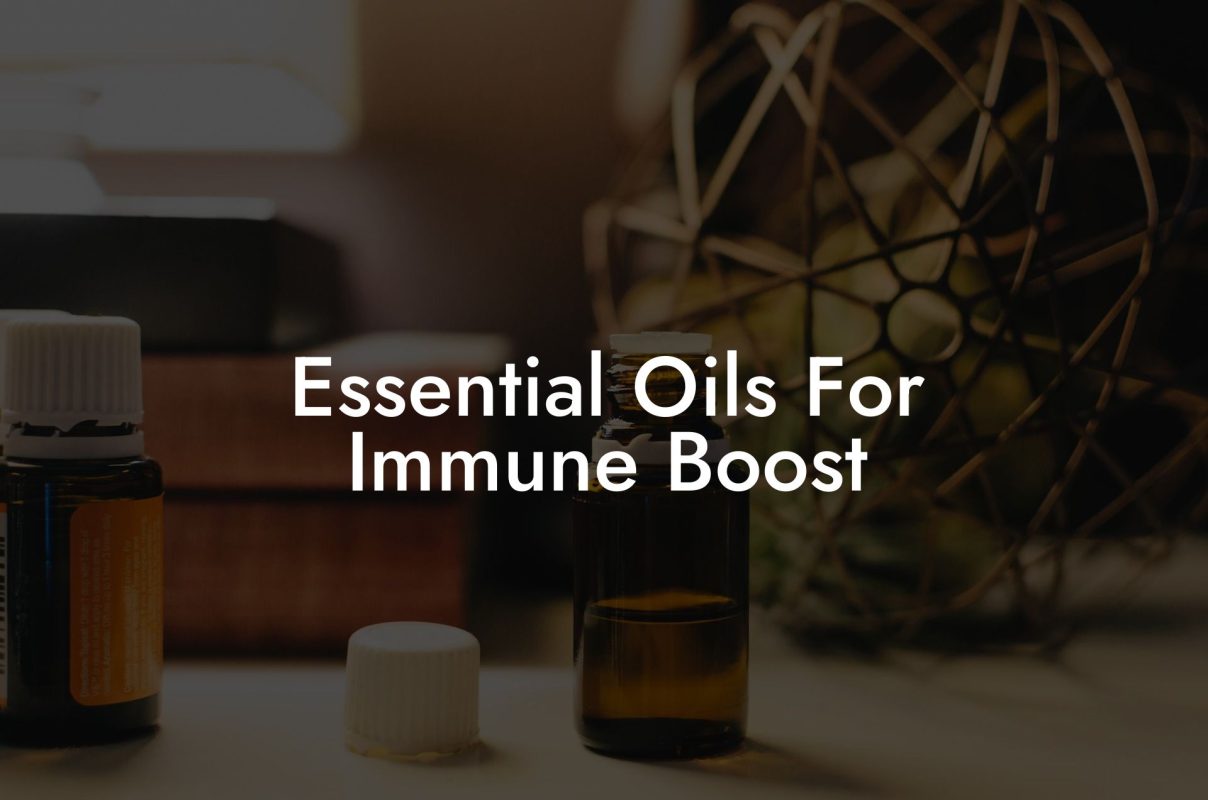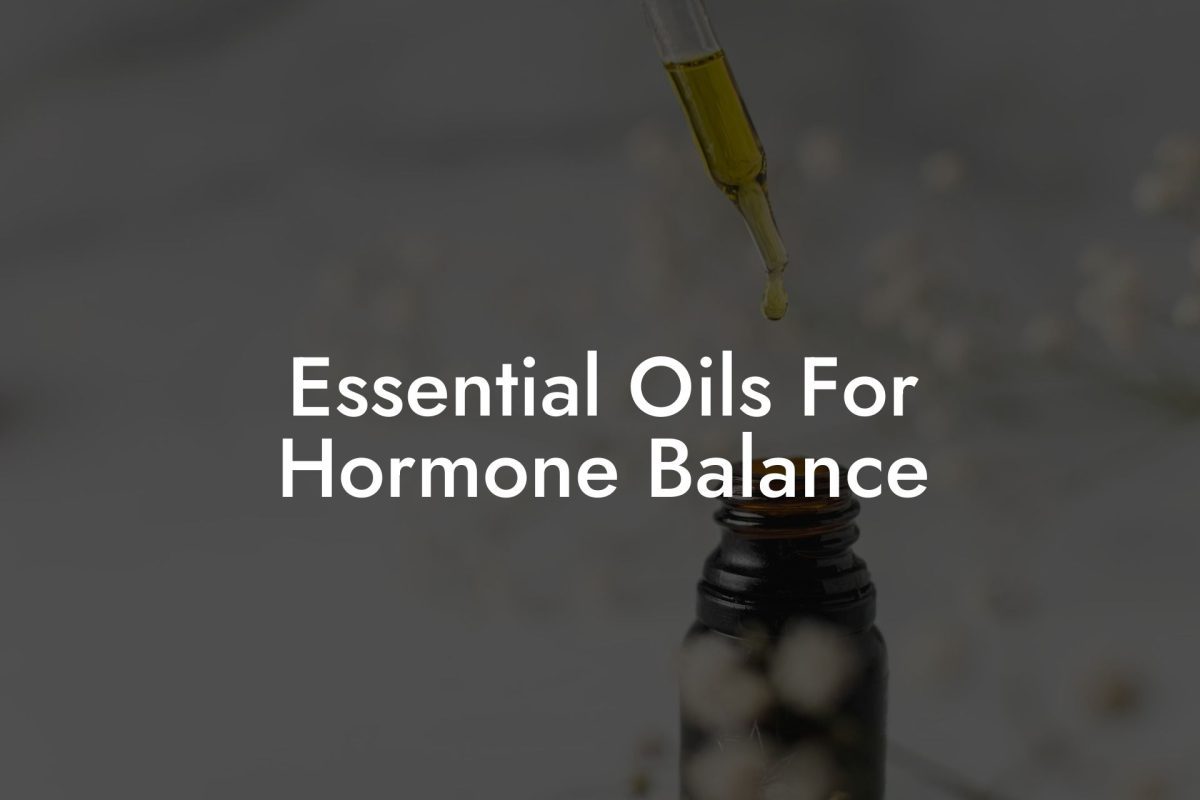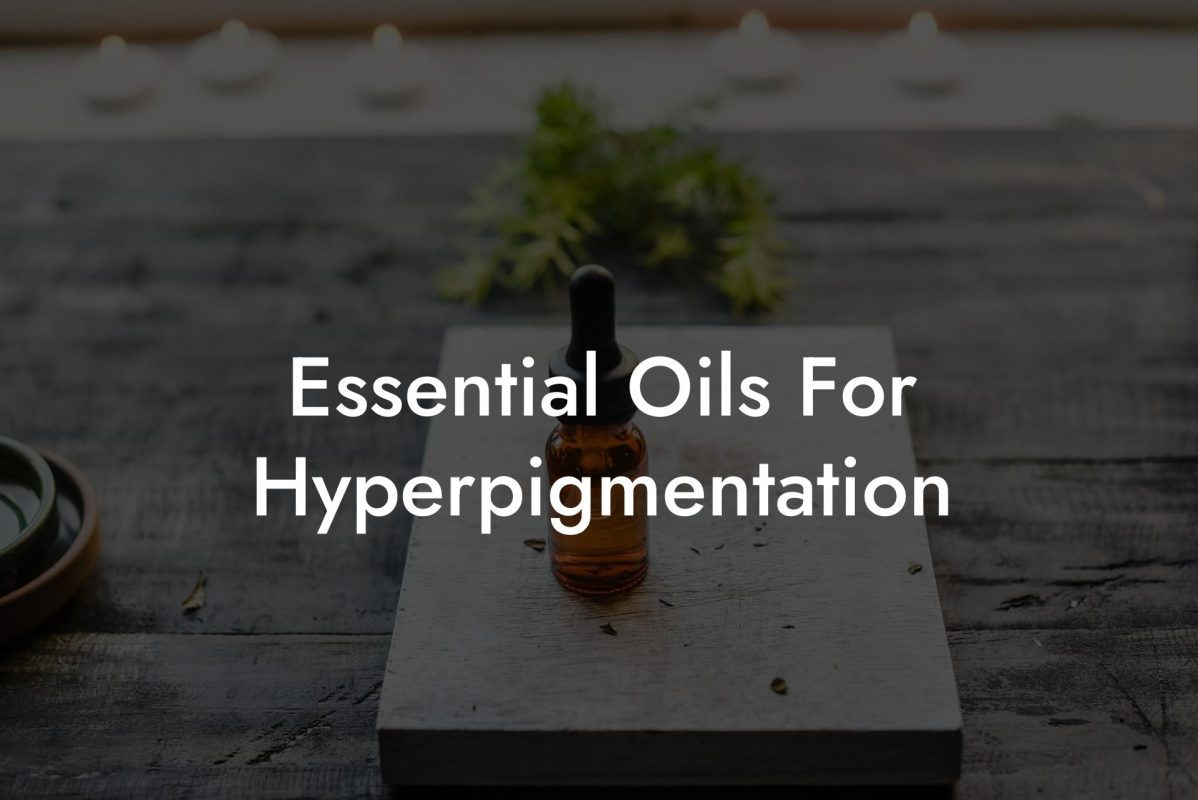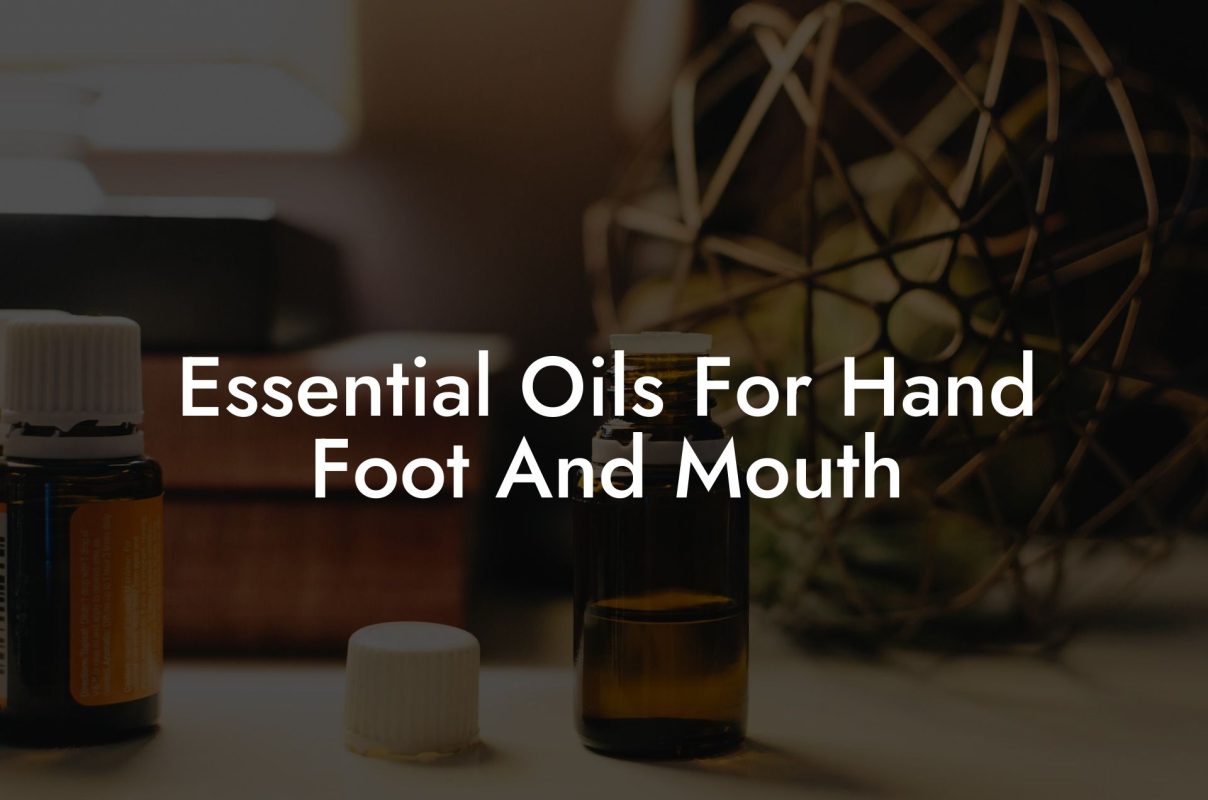Discover the importance of understanding the potential toxic properties of essential oils and how to use them safely to reap their many benefits. Learn about potential risks, signs of toxicity, and proper handling and usage to ensure a positive experience with these powerful natural compounds.
Table of Contents
Understanding Essential Oil Toxicity
Essential oils, derived from the finest botanical sources, have become increasingly popular for their numerous benefits in promoting relaxation, focus, and overall well-being. However, as with any powerful natural substance, it is crucial to understand the potential toxic properties of essential oils and how to use them safely.
Potential Risks
- Allergic reactions: Some individuals may experience skin irritations, rashes, or allergies when using essential oils topically. Performing a patch test on a small area of skin before full application can help identify potential sensitivities.
- Phototoxicity: Some essential oils, particularly citrus oils, can cause skin to become more sensitive to sunlight, leading to burns or blisters. It is important to avoid sun exposure or use sun protection after applying these types of oils.
- Children and pets: Due to their highly concentrated properties, essential oils can be especially harmful to children and pets. Keep essential oils out of reach and avoid using them near your little ones unless under the guidance of a trained professional.
- Ingestion: While some essential oils are approved as food grade, many are not safe for consumption and can be toxic when ingested. Always follow proper usage guidelines and never ingest essential oils without appropriate guidance.
- Overuse: Using essential oils too frequently or in excessive amounts can lead to negative side effects, including headaches, nausea, and dizziness. Diluting oils and following recommended usage instructions can help minimize these risks.
Signs of Essential Oil Toxicity
If essential oils are used improperly, the following signs may indicate a toxic reaction:
- Skin irritation or rash
- Respiratory difficulty or coughing
- Dizziness or disorientation
- Nausea or vomiting
- Prolonged or intense headache
If you notice any of these symptoms, seek immediate medical attention. Discontinue use of the suspected essential oil and consult with a healthcare professional for further guidance.
Safe Handling and Usage
Following these guidelines can help you safely enjoy the benefits of essential oils:
- Dilution: Most essential oils require dilution with a carrier oil, such as almond or coconut oil, to reduce their potency and minimize potential skin irritation.
- Patch test: Conduct a patch test by applying a small amount of diluted essential oil to the inner wrist or elbow and watching for signs of irritation.
- Environment: Ensure the area where essential oils are being used has adequate ventilation and avoid diffusing for more than 30-60 minutes at a time.
- Storage: Store essential oils in a cool, dark place, safely away from children and pets.
It is essential to use only high-quality, authentic essential oils from reputable sources like Oshu Oils. Pure, high-quality oils are less likely to cause adverse reactions, ensuring a safer and more enjoyable experience.
Essential Oils Toxic Example:
Imagine diffusing a citrus blend in your living room to uplift and energize the space, unaware that this particular blend can cause phototoxicity. After applying the oil topically, you spend the day outdoors, resulting in a severe sunburn on the areas where the oil was applied. Knowing about the potential risks and precautions associated with essential oils, you could have either avoided sun exposure or used sun protection to prevent this outcome.
By understanding the potential risks associated with essential oils and following proper guidelines, you can safely and effectively incorporate these powerful natural substances into your daily routine. Share this article with friends and family to help them safely harness the power of essential oils and, in the process, spread awareness about the importance of knowing about toxicity. Curious to learn more? Explore the extensive range of guides on Oshu Oils and discover the perfect complementing essential oils for your lifestyle.

